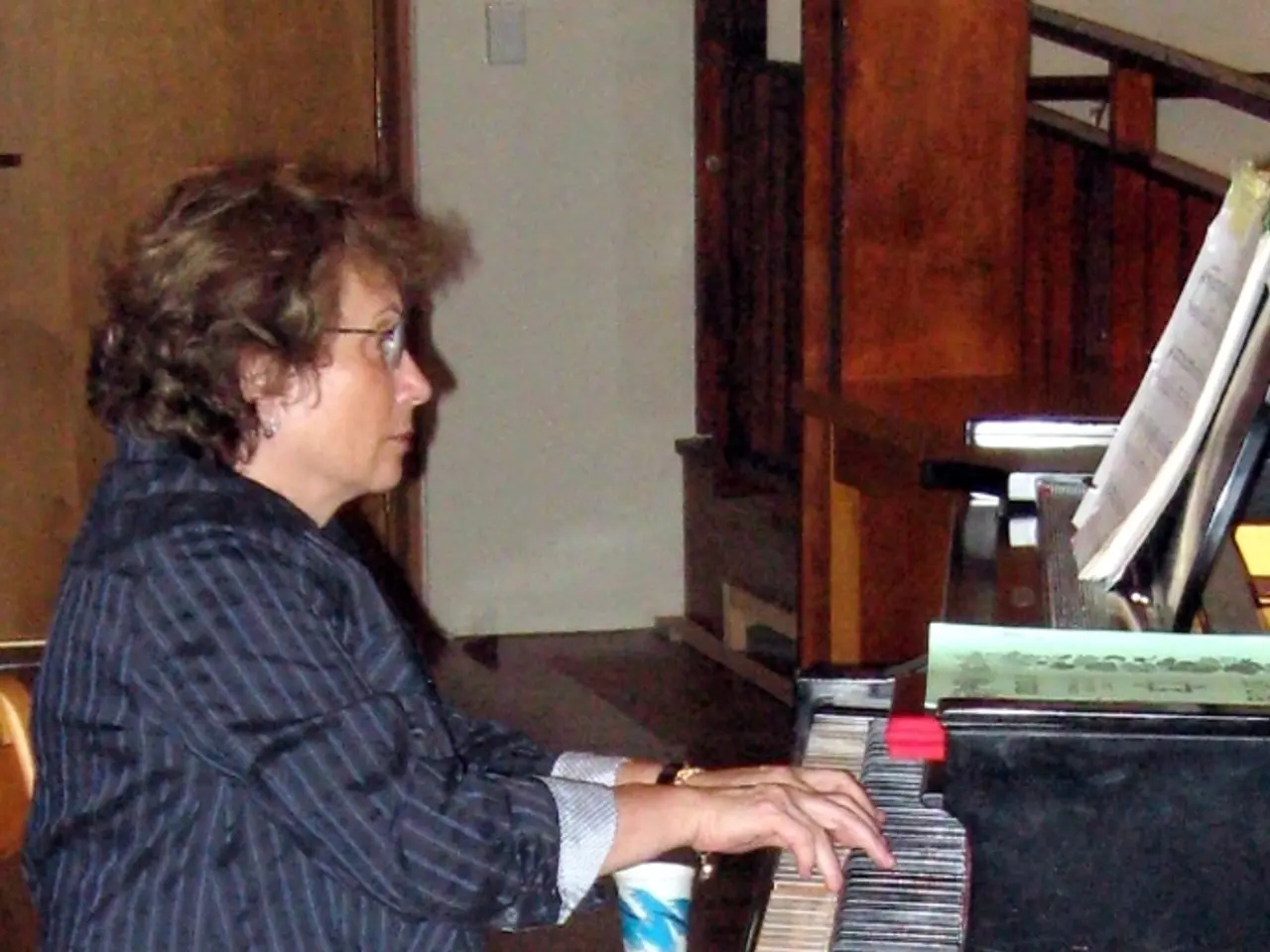Linking Music and Memory: Alzheimer's Disease Insight
Music therapy has emerged as a significant aid in enhancing the lives of individuals living with Alzheimer's disease. This approach leverages the unique resilience of musical memory networks amidst the destructive pathology of the disease.
Alzheimer's disease typically begins its destruction in the hippocampus and entorhinal cortex, regions crucial for forming new memories. However, certain brain areas involved in musical memory, such as the caudal anterior cingulate gyrus and ventral pre-supplementary motor area, are less affected by Alzheimer’s pathology than other regions like the temporal lobes. This neuroanatomical preservation forms the foundation for the therapeutic opportunities offered by music therapy [3].
Music engages the limbic system, which is central to emotion regulation and remains relatively functional in dementia. This engagement triggers emotional responses and memory recall, helping patients connect with personal and long-term memories linked to music [1]. Furthermore, music stimulates neuronal activity that promotes neuroplasticity — the brain's ability to form and reorganize connections. It also influences neurochemical pathways that release dopamine and serotonin, improving mood and reducing anxiety or agitation [1][2].
The rhythmic aspects of music help synchronize neural firing patterns, temporarily improving connectivity between brain regions fragmented by Alzheimer's disease. This rhythmic entrainment can improve gait, reduce fall risk, and coordinate movement [4].
Learning song lyrics and melodies involves procedural components that become deeply encoded through repetition. These procedural memories are stored in brain regions that resist Alzheimer's pathology longer than declarative memory systems. As a result, patients can retain abilities like singing or recognizing familiar songs [3].
For maximum benefit, music interventions should be tailored to the individual's personal history and preferences. Familiar songs create a sense of safety and orientation in a world that increasingly seems confusing and threatening to the person with Alzheimer's. Learning to play an instrument seems particularly beneficial, as it combines auditory, motor, emotional, and cognitive challenges into a single activity [4].
Music therapy approaches leverage preserved neural territory in Alzheimer's patients to temporarily enhance cognition, reduce agitation, improve mood, and restore aspects of identity. Receptive music therapy involves listening to personally significant music, often from the patient's formative years (ages 15-25). Music facilitates social connection when verbal communication fails [4].
Emerging research suggests that lifelong musical engagement might help prevent or delay dementia. Regular musical engagement appears to reduce behavioral symptoms that often accompany Alzheimer's, including agitation, restlessness, anxiety, depression, sleep disturbances, and social withdrawal [4].
In summary, the scientific resilience of musical memory networks amidst Alzheimer’s pathology supports the use of music therapy as a powerful tool to enhance cognition, mood, and quality of life in affected individuals. This is grounded in the differential brain area preservation, activation of emotion-related neural circuits, and the plasticity stimulated by musical engagement [1][3][5].
- The preservation of certain brain areas involved in musical memory, such as the caudal anterior cingulate gyrus and ventral pre-supplementary motor area, offers therapeutic opportunities for science and technology, particularly in the field of health-and-wellness, to develop music therapies for neurological disorders like Alzheimer's disease.
- The emotional responses triggered by music, engaged through the limbic system, can provide assistance in recalling personal and long-term memories linked to music, benefiting individuals with medical-conditions like dementia and Alzheimer's disease.
- As research progresses, the potential of music therapy in preventing or delaying dementia, including Alzheimer's disease, may become evident, demonstrating the importance of lifelong musical engagement in maintaining brain health and wellness.




